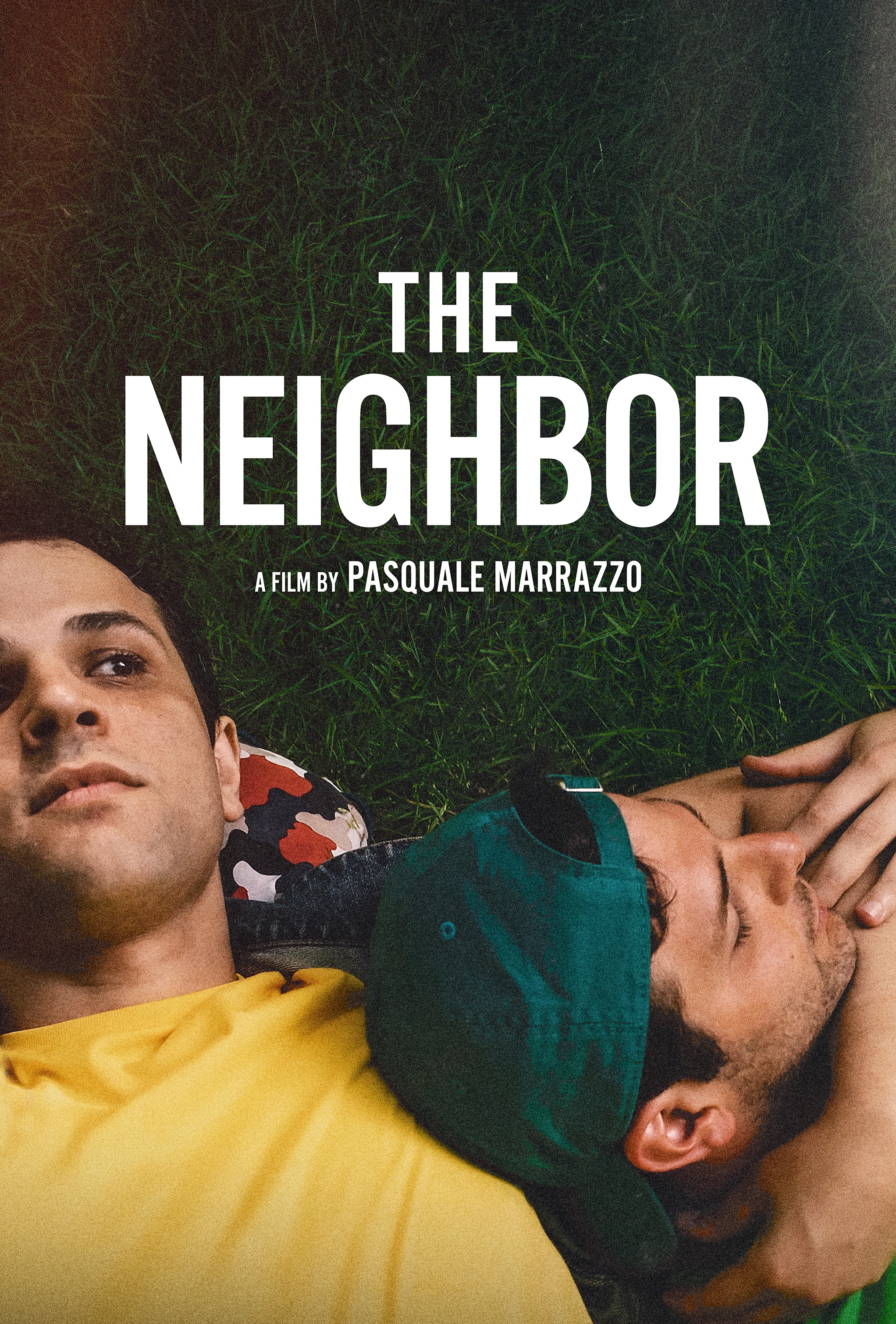(2023, 96 min)
Country: Italy
Director: Pasquale Marrazzo
Studio: Dark Star Pictures
Language: Italian w/subtitles
SYNOPSIS: Two young men fall in love, but a group of neo-Nazi skinheads makes their lives difficult. Hatred and intolerance seeps into the rapport between their relatives and respective families.
REVIEW:
From Italian filmmaker Pasquale Marrazzo comes “The Neighbor” (titled “Hotel Milano” in Italy), a supremely crafted, starkly observational drama about a gay couple – Riki (Michelle Costabile) and Luca (Jacopo Costantini) – whose love story is blindsided by violence.
After a gay-bashing incident leaves Luca on life support in a hospital, his family refuses to let Riki come to see him – though Luca’s sister, Rachelle (Luisa Vernelli) is sympathetic enough to keep him informed about his partner’s status as he fights for his life in a medically induced coma. Between pleading with her to intervene on his behalf to Luca’s deeply religious mother (Lucia Vasini) and fending off efforts of help and comfort from his own emotionally- needy mom (Rossanna Gay), he recalls defining moments of their relationship – as well as long-repressed secrets in his personal history – as he tries to come to terms, on his own, with the possibility of unthinkable loss.
In terms of cinematic weight, Marrazzo delivers in style, masterfully using flashbacks to infuse nuance as it moves the story toward what feels like an inevitable conclusion. With a shrewd eye, he hones in on the ways that shame and judgment based on “forbidden” forms of sexuality spread their poison throughout the intimate lives of everyone they touch.
Needless to say, it’s pretty bleak. Something of a spiritual sister to “Brokeback Mountain,” Marrazzo’s harrowing tale spins a harsh indictment of hate and intolerance by leaning into the familiar trope of queer victimhood – a cliché which, sadly, still rings true despite decades of advancement in the worldwide struggle for acceptance – and asking us to endure, along with its protagonists, an unthinkably harsh worst-case scenario in order to illuminate the impact of the intolerance and hate that lie behind it. It’s a movie which, had Hollywood made it, could be about the triumph of love; but devoid of that special American movie magic, and instead steeped in an Italian neo-realism that goes back to the country’s post WWII years, it offers a refreshingly unsentimental “Romeo and Juliet”-esque tale of a love that’s doomed by a mindset based in hate.
With superlative performances from Costabile and Costantini – who make the troubled Riki and the open-hearted Luca, respectively, feel heartbreakingly authentic both as a couple and as individuals – and a uniformly outstanding cast of players on hand to deliver support, it’s a powerful, gripping piece of cinema that avoids pandering to romanticism in order to drive home its message about the tragedies that might be avoided in a world less obsessed with judging others over our own personal beliefs, whether “deeply held” or not.
It’s also mercilessly grim; while it both begins and ends with tenderness and positivity as its two young lovers blissfully enjoy being together in a park, it gives us an uncompromising and sometimes almost unbearably hopeless perspective on the impact a deeply ingrained, traditionally religious cultural bias can have on even the most private lives of anyone who lives outside that rigid norm. For American audiences – especially those fortunate enough to live within urban “bubbles” where the realities of anti-queer prejudice rarely interfere with our ability to live without fear of stigma or worse – that might feel like a bit of throwback; in Marrazzo’s homeland, however, where a swing toward right-wing extremism (championed by nationalist Prime Minister Giorgia Meloni) has found eager support among the country’s hard-coded Catholic population, it might seem more like a defiant plea for compassion and humanity, aimed at opening hearts and minds rather than capitalizing on the self-prophetic doom and gloom of indoctrinated queer self-loathing.
That makes it highly recommended – but if you’re one of those people who is done with stories that turn our lives into tragedies (and we can’t say we blame you), you might want to give this one a pass despite the important truth it speaks to power.
-- Review by John Paul Kiing, Washington Blade (http://www.washingtonblade.com)




